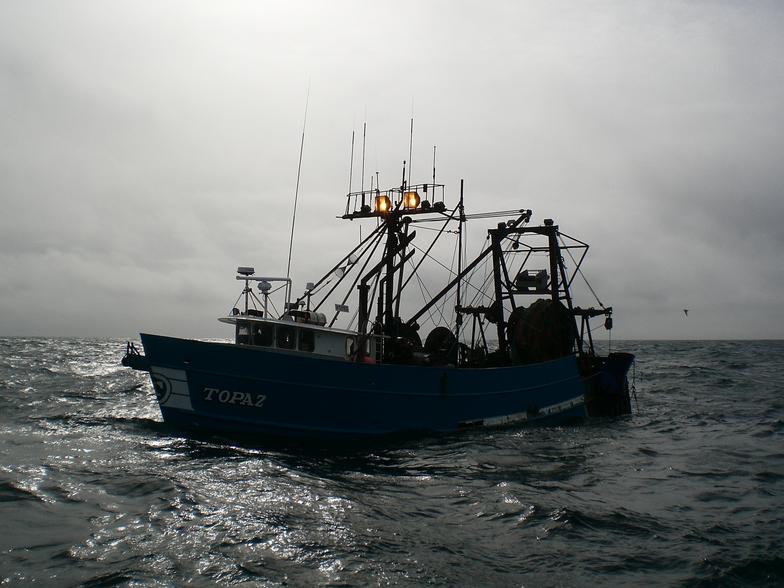A developing U.S. Ocean Climate Action Plan needs to draw on fishermen’s ecological knowledge, and protect the seafood industry’s role in coastal culture, economic and food security, industry leaders recommend in a letter to White House science advisors.
The letter to the White House Office of Science and Technology Policy carried 49 signatures, from highliner captains to seafood processors and industry associations throughout the United States. The recommendations are based on a Nov. 15 comment letter submitted by the Responsible Offshore Development Alliance, a coalition of fishing groups and communities.
Among nine specific recommendations, the letter suggests a high-level summit meeting on how to bring fishermen’s knowledge into executive branch deliberations on ocean policy.
Fishing communities should also be included in the Biden administration’s considerations of “underserved communities,” the letter says. In federal policy, making sure that underserved communities benefit from ocean planning, such as offshore wind power development, is supposed to be a priority.
Overall the letter stresses the needs to collect, understand and incorporate fishermen’s ecological knowledge in climate policy; acknowledge commercial fishing’s role “to the nation’s overall well-being;” consider costs, impacts and benefits in decision making; and prioritizing collaborations between agencies and stakeholders.
The process started with an Oct. 4 White House request for information to prepare the ocean climate plan, announcing the intent to span multiple activities from increasing offshore wind energy to conserving marine areas to reducing shipping emissions.
That planning process “has the opportunity to include those on the front lines of climate change,” said Mike Conroy, RODA’s West Coast director.
“Our members stand ready to assist in the development of an OCAP that incorporates their knowledge and experience. Working collaboratively to consider and implement ocean-based climate solutions that protect U.S. food security while maintaining our ability to provide a low climate impact source of protein represents a win-win scenario.”
The letter urges science advisors to “seize this opportunity to explicitly prioritize inclusion of fishermen’s important knowledge and perspectives, which have for too long been absent from executive-level ocean policies and require this of all agencies participating in the development of the OCAP.”
The letter makes specific proposals:
- Convene a meeting or summit on how to best integrate fishing knowledge into Administration-level activities, with national seafood industry participation;
- Establish dedicated funding to develop and integrate Fisheries Ecological Knowledge into U.S. climate policy, including substantial investments in cooperative research;
- Formally include “Fishing Communities” in the broader definition of underserved communities as it relates to ocean-based climate solutions;
- Include the following statement in the OCAP, “The commercial fishing industry is integral to the nation’s food security, culture, and history, and an important economic driver for many ports and harbors across the U.S. Ocean-based climate solutions shall prioritize avoiding adverse impacts to the fishing industry”;
- Encourage federal agencies to identify, quantify and qualify all known costs and benefits of potential ocean-based climate solutions before decisions and/or significant investments are made, so that we collectively maximize the utility and conservation of our nation’s marine resources;
- Enhance coordination among state and federal agencies surrounding scientific efforts to address the impacts of offshore developments to living marine resources, habitats, and the ecosystem;
- Explore strategies to determine how the costs and impacts resulting from ocean-based climate solutions may be shared equitably, in addition to asking how the benefits of ocean-based climate solutions can be shared equitably; and
- Prioritize collaborations to consider and implement ocean-based climate solutions that protect U.S. food security while maintaining our ability to provide a low climate impact source of protein.







